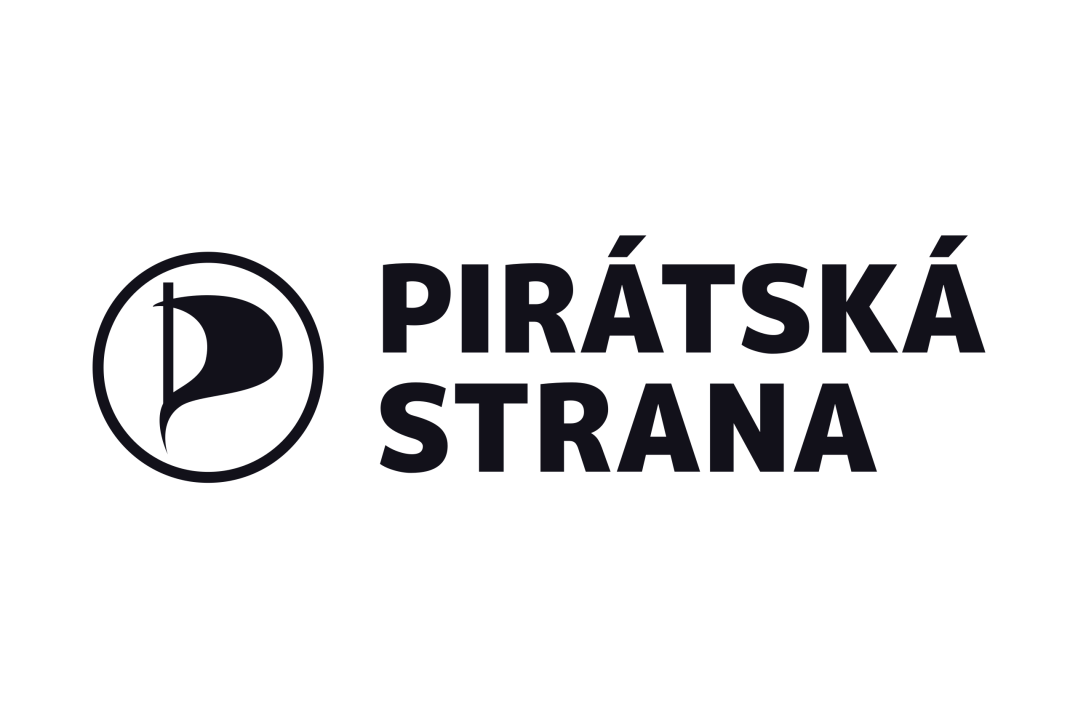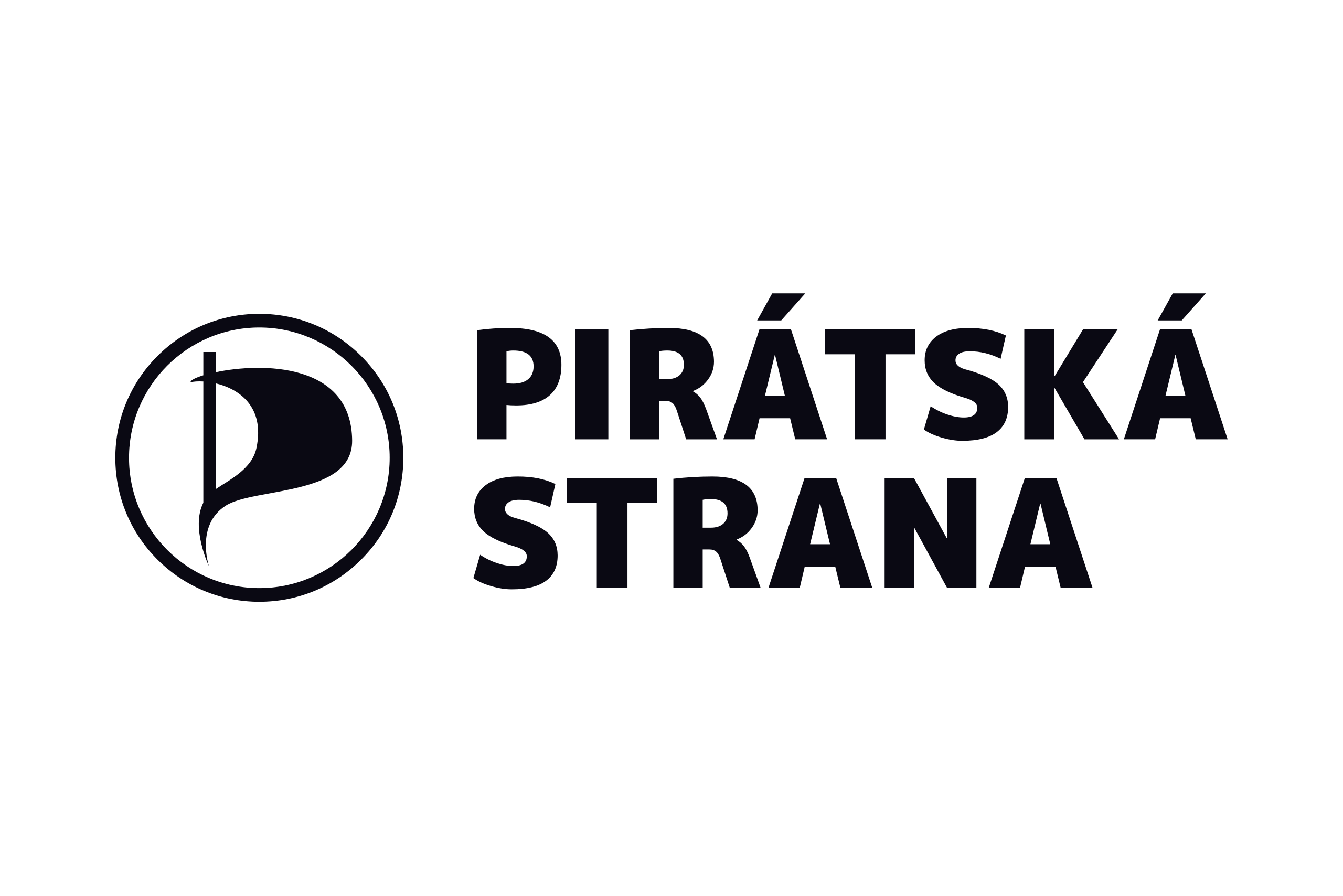A new party is riding high in the Czech Republic, with the wind of change in its sails. Polls now suggest that the Czech Pirate Party, in coalition with a collection of mayors and independents, could win the largest share of the vote in the Czech Republic’s October elections.
It’s a remarkable turnaround for a party that at first sounds like the Czech answer to the monster raving loony party. But the Pirate Party has become a force to be reckoned with in Czech politics.
Formed in 2009 as one of many Pirate Parties around the world who came to international prominence following a police raid on the download site The Pirate Bay, the Czech Pirate Party was for a long time seen as a fringe movement. Its original aims were to reform copyright law and legalise marijuana, which are hardly the main concerns of swing voters.
It broke into the political mainstream in the Czech Republic’s 2017 elections, but only began to be seen as a serious player in 2019, when the largest demonstrations seen in the Czech Republic since the fall of communism took place in Prague. Over 250,000 people gathered to protest against the current Prime Minister, Andrej Babiš, who is the fourth richest man in the country and the owner of some of its most influential newspapers. His conflicts of interest resulting from his ownership of the Agrofert conglomerate have provoked outrage here, and there has been widespread speculation about his rumoured connection to the StB, the Czechoslovak secret police during the Communist era, which Babiš denies.
Babiš has been a divisive Prime Minister, and this year’s vote has for many become a referendum on his leadership. Coalitions have formed in opposition to the Prime Minister across the political spectrum. And the Czech Pirates have managed to become the face of the anti-Babiš movement.
A recent poll showed that the Pirates+STAN coalition are on 29.5 per cent, ahead of Babiš‘s ‘ANO’ (YES) party on 26.5 per cent. Babiš and his allies look increasingly concerned about the situation: President Miloš Zeman has suggested that ANO would have first priority to form a government, even if it received fewer votes than the Pirates+STAN.
In other countries, Pirate Parties rarely win more than 1 per cent of the vote and almost never move beyond their youth-driven, grassroots origins. But in recent years the Czech Pirate Party has created a major platform with widespread appeal, advocating individual freedom, modernisation, democratic reform, and enhanced EU cooperation. Its key policies include the use of technology and online communications to promote transparency and increase democratic participation, a lower income tax rate, the digitisation of public offices and state procedures, and ‘upgrades’ to fix the EU’s democratic deficit. The programme is impressively far-reaching – it is quite unusual for a ‘Pirate Code’ to include a comprehensive programme on pension reform.
The party has a large and dedicated following, especially among young people in big cities like Prague. The Pirates are generally seen as open, relatable, honest – and entirely ‘Czech’, with the international Pirate movement rarely figuring in party discussions. In the 2017 elections, the Pirates entered the Czech Parliament for the first time, taking 22 out of 200 seats. A year later, the Pirate Zdeněk Hřib became Mayor of Prague.
The Pirates’ unconventional origins might have worked against them in the past – their current leader’s distinctive dreadlocks, for example, are probably enough to make most conservative Czechs wring their hands in despair. But with most of the opposition tarnished by scandal over the years, the Pirates have been able to proudly claim that they are the only Czech party unconnected with corruption and sleaze. This message is powerful in the current political climate.
The party’s virtuous image is enhanced as well by the apparent integrity of leading Pirates. The dreadlocks of their leader, Ivan Bartoš, are too much for some people, but for others they signify a kind of authenticity thought to be lacking in Babiš. Bartoš clearly understands the symbolism, and he has promised to not shave off his dreadlocks even if he becomes Prime Minister.
The Pirate Prague Mayor, Zdeněk Hřib, has also been unafraid of controversy. In 2020 he renamed the public square outside the Russian embassy after Boris Nemtsov, an outspoken Putin critic and key Russian opposition figure before he was assassinated in 2015. In doing so, Hřib provoked a diplomatic crisis with Russia and an alleged assassination attempt. But he also showed that, as a Pirate, he was willing to stand up for his principles.
It remains to be seen if the Pirate Party’s pure image will be sullied after the October election. To displace Babiš the Pirates will need to form a coalition with other parties, which will inevitably involve compromises. The Pirates certainly appear to understand this political reality, with Bartoš so far refusing to discuss the messy business of coalition building.
The run-up to this year’s elections and the political bargaining to come afterwards will undoubtedly be tricky waters for the Pirates to navigate. Dilute their principles too much, and they will be seen as having broken their promises to reset the system. Even so, the Czech Pirate Party has already shown the potential for a youth-led activist movement to transform itself into a broad political platform when enough people share its hunger for reform. And for now, their open approach to politics makes them the face of change in the Czech Republic.








Comments